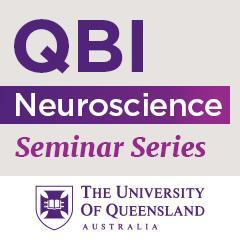Professor Josh Kaplan, Harvard : "From compost to the clinic: using C. elegans to study psychiatric disorders"
Speaker:
Professor Josh Kaplan
Department of Neurobiology Harvard Medical School Boston, MA 02115 USA
Title: "From compost to the clinic: using C. elegans to study psychiatric disorders"
Abstract: Recent human genetic studies suggest that mutations in ~500 genes are linked to autism spectrum disorder. Although many of these genes encode proteins that are localized at synapses, relatively little is known about how these mutations alter brain function or development. An important goal for the field is to identify specific cellular defects caused by mutations linked to Autism and to determine how (and if) these defects contribute to the cognitive and developmental deficits found in Autism. My lab uses a simple model organism (Caenorhabditis elegans) as a genetic platform to investigate the impact of Autism-linked genes on brain development and function. C. elegans is a small worm (1 mm long as an adult) that lives in rotting organic matter (like compost heaps).
Our studies suggest that mutations linked to Autism in humans alter retrograde synaptic signals, the strength of inhibitory synapses, and activity-induced gene expression in worms. We propose that these cellular defects play an important role in the pathophysiology of Autism.
About Neuroscience Seminars
Neuroscience seminars at the QBI play a major role in the advancement of neuroscience in the Asia-Pacific region. The primary goal of these seminars is to promote excellence in neuroscience through the exchange of ideas, establishing new collaborations and augmenting partnerships already in place.
Seminars in the QBI Auditorium on Level 7 are held on Wednesdays at 12-1pm, which are sometimes simulcast on Zoom (with approval from the speaker). We also occassionally hold seminars from international speakers via Zoom. The days and times of these seminars will vary depending on the time zone of the speaker. Please see each seminar listed below for details.



